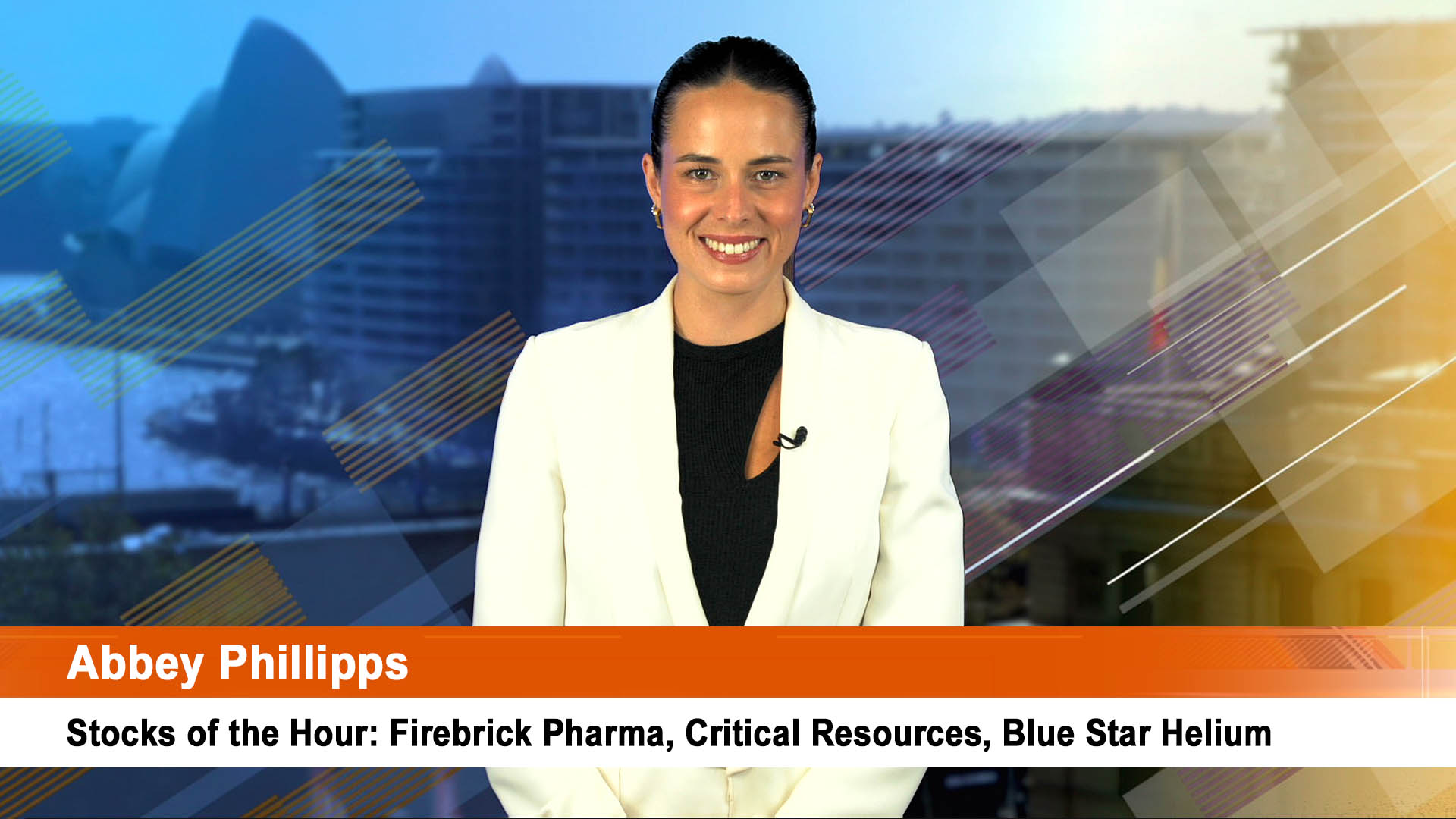Refining margins surged for Viva Energy ((VEA)) in the September quarter, which reported a Geelong refining margin of US$8.80/bbl. This was driven by improved regional refining margins, although offset partly by downtime from planned maintenance.
Improved retail fuel pricing, loyalty program redemptions and joint marketing campaigns with Coles ((COL)) helped volumes at Coles Express rise 1.4%. This was a pleasing outcome and remains the basis for growth, Ord Minnett asserts.
Importantly, retail fuel volumes are lifting in the alliance network, and Morgan Stanley assumes 5% volume growth in 2019, while expecting retail fuel margins will be flat. The broker suspects the market will be prepared to look ahead a number of years, given Viva Energy has lost -40% of its volumes in the past five years because of a high-price strategy in conjunction with Coles.
UBS suggests the company is now making progress on retail volumes, consistent with its intention to grow by competing on price. Credit Suisse increases assumptions for refiner margins that more than offset a weaker retail fuel margin and ultimately drive an 11% upgrade to earnings forecasts.
Retail Margins
Retail fuel margins are likely to remain pressured by competition. Ord Minnett assesses lower costs and a different priority for profit and returns from the independents, as well as a more price-focused approach from EG, which now owns Woolworths ((WOW)) petrol, could cause retail fuel margins to stay weak.
Margins have not continued the upward trend of the past decade over 2019 and competition remains intense. Retail earnings guidance is for a flat second half and the broker suspects the step-up in Coles Express volumes has probably been incorporated at the first half result when guidance was provided.
Ord Minnett agrees a recovery in industry dynamics may not be as quick as many had hoped. Still, the broker retains an Accumulate rating given the company’s strong industry position.
UBS believes the market is under-appreciating the operating leverage that comes with improving alliance volumes. While commentary on retail margins was softer, the broker does not believe the trend has stepped down materially compared with the first half. UBS suggests the market should have more confidence in the company’s ability to lift alliance volumes to its target of 70-75m litres per week.
The broker underscores several reasons for retaining a Buy rating including a favourable earnings outlook, a recovery in refiner margins from multi-year lows and a strong balance sheet, which provide scope for further M&A or capital management. Macquarie, on the other hand, is cautious about the medium-term and sticks with a Neutral rating, despite the stock offering a premium to its 12-month forward price target.
There are three Buy ratings and three Hold on FNArena’s database. The consensus target is $2.29, signalling 9.3% upside to the last share price. There is a 2.8% dividend yield on 2019 forecasts and 4.0% for 2020.













